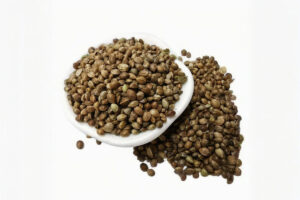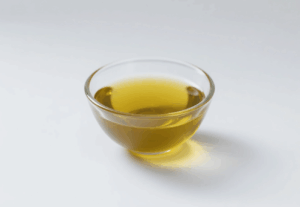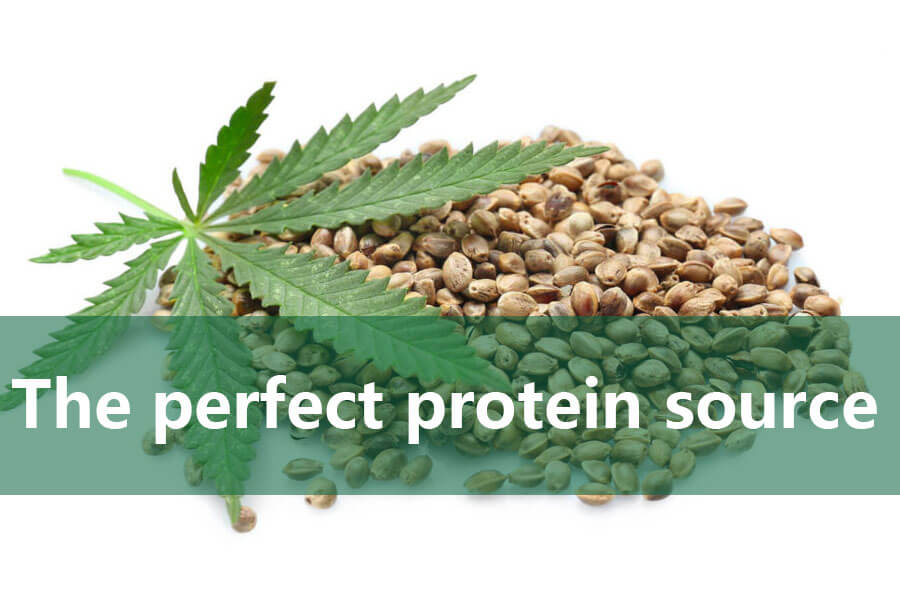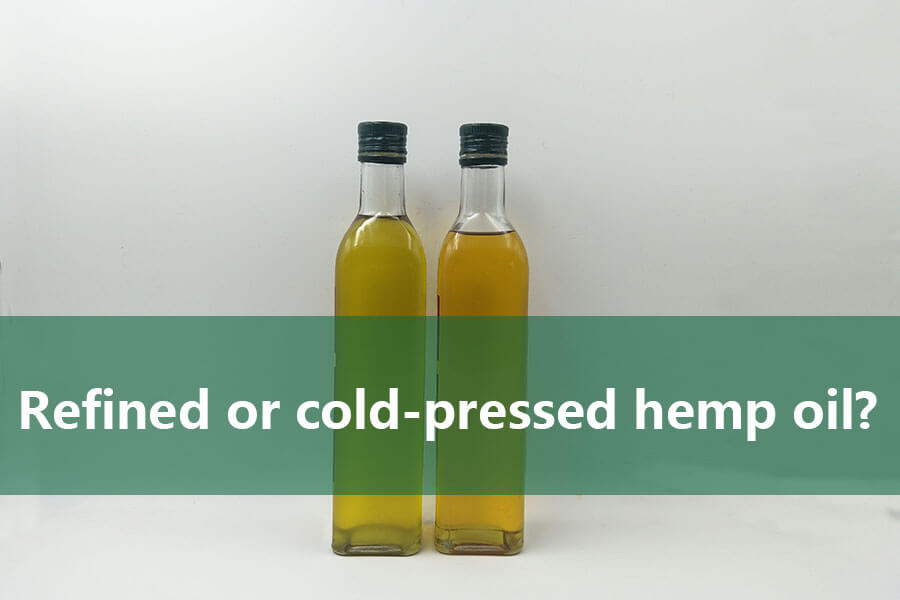The global demand for organic hemp seed oil has seen a remarkable rise over the past few years, driven by shifting consumer preferences toward health, sustainability, and plant-based nutrition. Once considered a niche ingredient, hemp seed oil is now entering mainstream food markets, appealing to both health-conscious consumers and food manufacturers seeking innovative, clean-label ingredients.
In this article, we’ll explore the key factors behind this growing trend and why organic hemp seed oil is set to become one of the most valuable plant-based oils in the modern food industry.
The Shift Toward Health-Conscious Consumption
Modern consumers are more aware than ever of the relationship between diet and wellness. This awareness has accelerated the demand for functional foods—products that go beyond basic nutrition to offer specific health benefits. Organic hemp seed oil fits perfectly into this trend.
Rich in omega-3 and omega-6 fatty acids in an optimal 3:1 ratio, as well as vitamin E and plant-based protein, hemp seed oil promotes heart health, supports immune function, and nourishes the skin from within. Because it’s cold-pressed and minimally processed, it retains its natural nutritional integrity—making it ideal for use in salad dressings, smoothies, and dietary supplements.
Sustainability and the Organic Advantage
Beyond nutrition, sustainability plays a crucial role in the rising popularity of organic hemp seed oil. Hemp is a highly sustainable crop that requires minimal pesticides, improves soil health, and has a low water footprint. This makes it a preferred choice for eco-conscious consumers and brands seeking to reduce their environmental impact.
Organic certification further enhances its appeal. As consumers increasingly distrust chemical additives and GMO ingredients, certified organic hemp seed oil offers reassurance of purity, traceability, and ethical farming practices.
Expansion in Food and Beverage Applications
The food industry is rapidly finding new ways to integrate organic hemp seed oil into diverse products. Beyond its use as a culinary oil, it is now being incorporated into:
- Plant-based spreads and sauces
- Functional beverages and smoothies
- Dairy alternatives such as hemp milk and vegan cheese
- Nutritional bars and protein powders
Its light, nutty flavor complements many formulations, while its clean-label reputation helps manufacturers meet consumer demands for transparency and natural sourcing.
Global Market Growth and Future Outlook
According to recent market analyses, the global hemp seed oil market is projected to grow significantly in the coming years, particularly in regions such as North America, Europe, and Asia-Pacific. Growth is being fueled by:
- Increasing consumer awareness of plant-based nutrition
- Expanding hemp cultivation under legal frameworks
- Rising demand from functional food and supplement industries
This growth is not limited to consumer products; B2B buyers—including food manufacturers, supplement producers, and cosmetic formulators—are also sourcing organic hemp seed oil in bulk to meet expanding production needs.
The rising demand for organic hemp seed oil reflects broader changes in the global food market—where consumers are seeking nutritious, sustainable, and ethically produced ingredients. With its ideal nutrient profile, environmental advantages, and versatile applications, hemp seed oil has become a symbol of the next generation of plant-based innovation.
For manufacturers and distributors looking to align with future food trends, organic hemp seed oil is more than just an ingredient—it’s an opportunity to participate in a rapidly expanding global movement toward healthier and more sustainable living.
Related Products
Organic Hemp Seeds
Organic hemp seeds offer complete nutrition with optimal protein, fatty acids, and fiber content. Versatile…
Organic Hemp Seed Oil
Available in cold pressed hemp seed oil, refined hemp seed oil, hemp heart oil and…




